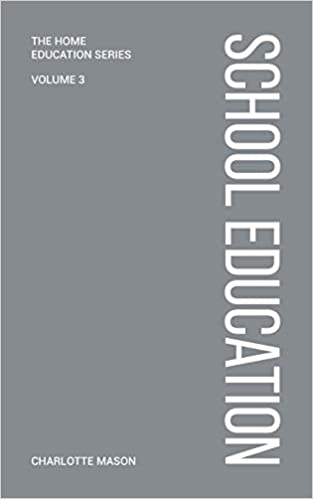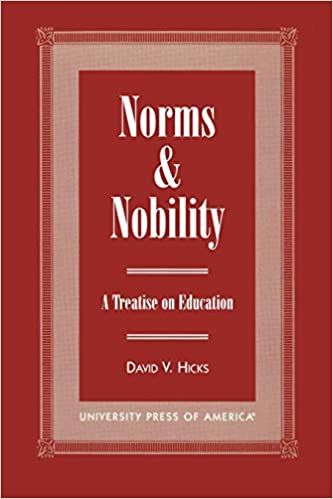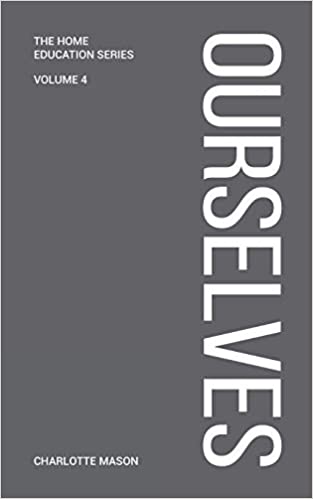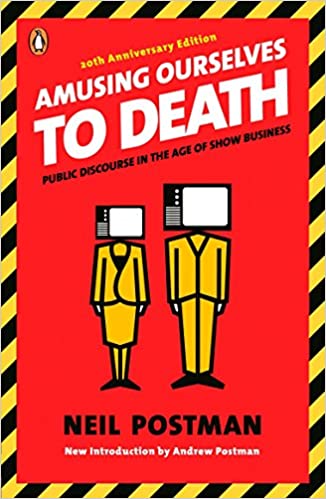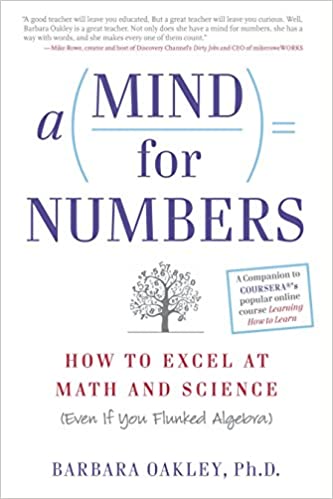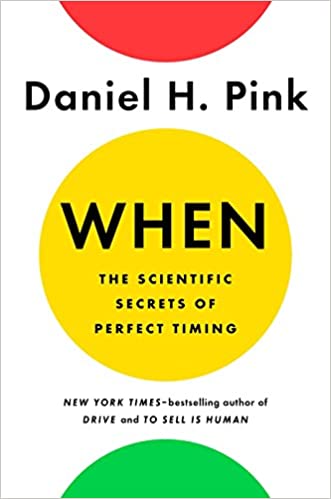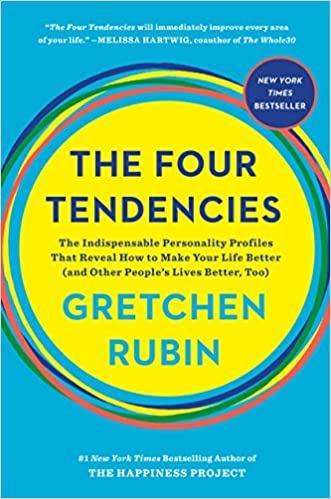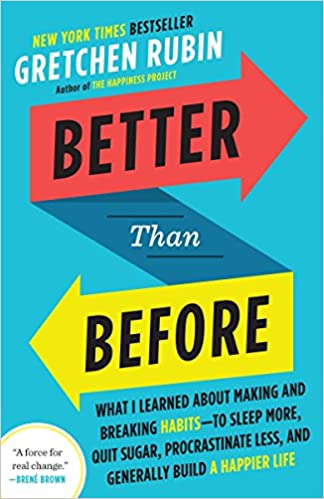#50
Charlotte Mason’s School Education (Book 3 the of Home Education Series)
After teaching about educating young children (up to the age of nine) in Home Education, Charlotte Mason turns her attention to 9-12 year-olds in School Education. Along with examples of books and exams she instructs us on:– The rights of children– The value of holistic education– How to help your child learn for themselves– How to develop the whole person– The importance of living books in education– How grades and rewards kill curiosity
More info →Norms and Nobility: A Treatise on Education
A reissue of a classic text, Norms and Nobility is a provocative reappraisal of classical education that offers a workable program for contemporary school reform. David Hicks contends that the classical tradition promotes a spirit of inquiry that is concerned with the development of style and conscience, which makes it an effective and meaningful form of education. Dismissing notions that classical education is elitist and irrelevant, Hicks argues that the classical tradition can meet the needs of our increasingly technological society as well as serve as a feasible model for mass education.
More info →Charlotte Mason’s Ourselves (Book 4 of the Home Education Series)
Ourselves, the fourth volume of Charlotte Mason's Classic Homeschooling Series, is a character curriculum book written directly to children. Book I, Self-Knowledge, is for elementary school students; Book II, Self-Direction, is for older students. Self-Knowledge discusses our human desires and appetites; the "helpers" in our minds, such as intellect, sense of beauty, imagination, and reason; the ways in which we feel and express love for others, including sympathy, kindness, generosity, gratitude, courage, loyalty, and humilty; and truth, justice, and integrity; and ends by encourages children to develop the habit of being useful. Self-Direction is an in-depth discussion of the conscience and virtues such as temperance, chastity, fortitude, and prudence; the will and self-control; and the soul and its capacities, such as prayer, thanksgiving, faith, and praise. Charlotte Mason was a late nineteenth-century British educator whose ideas were far ahead of her time. She believed that children are born persons worthy of respect, rather than blank slates, and that it was better to feed their growing minds with living literature and vital ideas and knowledge, rather than dry facts and knowledge filtered and pre-digested by the teacher. Her method of education, still used by some private schools and many homeschooling families, is gentle and flexible, especially with younger children, and includes first-hand exposure to great and noble ideas through books in each school subject, conveying wonder and arousing curiosity, and through reflection upon great art, music, and poetry; nature observation as the primary means of early science teaching; use of manipulatives and real-life application to understand mathematical concepts and learning to reason, rather than rote memorization and working endless sums; and an emphasis on character and on cultivating and maintaining good personal habits.
More info →Amusing Ourselves to Death: Public Discourse in the Age of Show Business
Originally published in 1985, Neil Postman’s groundbreaking polemic about the corrosive effects of television on our politics and public discourse has been hailed as a twenty-first-century book published in the twentieth century. Now, with television joined by more sophisticated electronic media—from the Internet to cell phones to DVDs—it has taken on even greater significance. Amusing Ourselves to Death is a prophetic look at what happens when politics, journalism, education, and even religion become subject to the demands of entertainment. It is also a blueprint for regaining control of our media, so that they can serve our highest goals.
More info →When: The Scientific Secrets of Perfect Timing
Everyone knows that timing is everything. But we don't know much about timing itself. Our lives are a never-ending stream of "when" decisions: when to start a business, schedule a class, get serious about a person. Yet we make those decisions based on intuition and guesswork.
Timing, it's often assumed, is an art. In When: The Scientific Secrets of Perfect Timing, Pink shows that timing is really a science.
Drawing on a rich trove of research from psychology, biology, and economics, Pink reveals how best to live, work, and succeed. How can we use the hidden patterns of the day to build the ideal schedule? Why do certain breaks dramatically improve student test scores? How can we turn a stumbling beginning into a fresh start? Why should we avoid going to the hospital in the afternoon? Why is singing in time with other people as good for you as exercise? And what is the ideal time to quit a job, switch careers, or get married?
In When, Pink distills cutting-edge research and data on timing and synthesizes them into a fascinating, readable narrative packed with irresistible stories and practical takeaways that give readers compelling insights into how we can live richer, more engaged lives.
More info →The Four Tendencies
During her multibook investigation into understanding human nature, Gretchen Rubin realized that by asking the seemingly dry question "How do I respond to expectations?" we gain explosive self-knowledge. She discovered that based on their answer, people fit into Four Tendencies: Upholders, Questioners, Obligers, and Rebels. Our Tendency shapes every aspect of our behavior, so using this framework allows us to make better decisions, meet deadlines, suffer less stress, and engage more effectively.
More than 600,000 people have taken her online quiz, and managers, doctors, teachers, spouses, and parents already use the framework to help people make significant, lasting change.
The Four Tendencies hold practical answers if you've ever thought:
• People can rely on me, but I can't rely on myself.
• How can I help someone to follow good advice?
• People say I ask too many questions.
• How do I work with someone who refuses to do what I ask—or who keeps telling me what to do?
With sharp insight, compelling research, and hilarious examples, The Four Tendencies will help you get happier, healthier, more productive, and more creative. It's far easier to succeed when you know what works for you.
More info →Better Than Before
Most of us have a habit we’d like to change, and there’s no shortage of expert advice. But as we all know from tough experience, no magic, one-size-fits-all solution exists. It takes work to make a habit, but once that habit is set, we can harness the energy of habits to build happier, stronger, more productive lives.
In Better Than Before, acclaimed writer Gretchen Rubin identifies every approach that actually works. She presents a practical, concrete framework to allow readers to understand their habits—and to change them for good.
Infused with Rubin’s compelling voice, rigorous research, and easy humor, and packed with vivid stories of lives transformed, Better Than Before explains the (sometimes counterintuitive) core principles of habit formation and answers the most perplexing questions about habits:
• Why do we find it tough to create a habit for something we love to do?
• How can we keep our healthy habits when we’re surrounded by temptations?
• How can we help someone else change a habit?
Rubin reveals the true secret to habit change: first, we must know ourselves. When we shape our habits to suit ourselves, we can find success—even if we’ve failed before.
Whether you want to eat more healthfully, stop checking devices, or finish a project, the invaluable ideas in Better Than Before will start you working on your own habits—even before you’ve finished the book.
More info →
